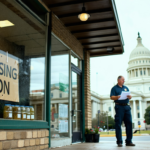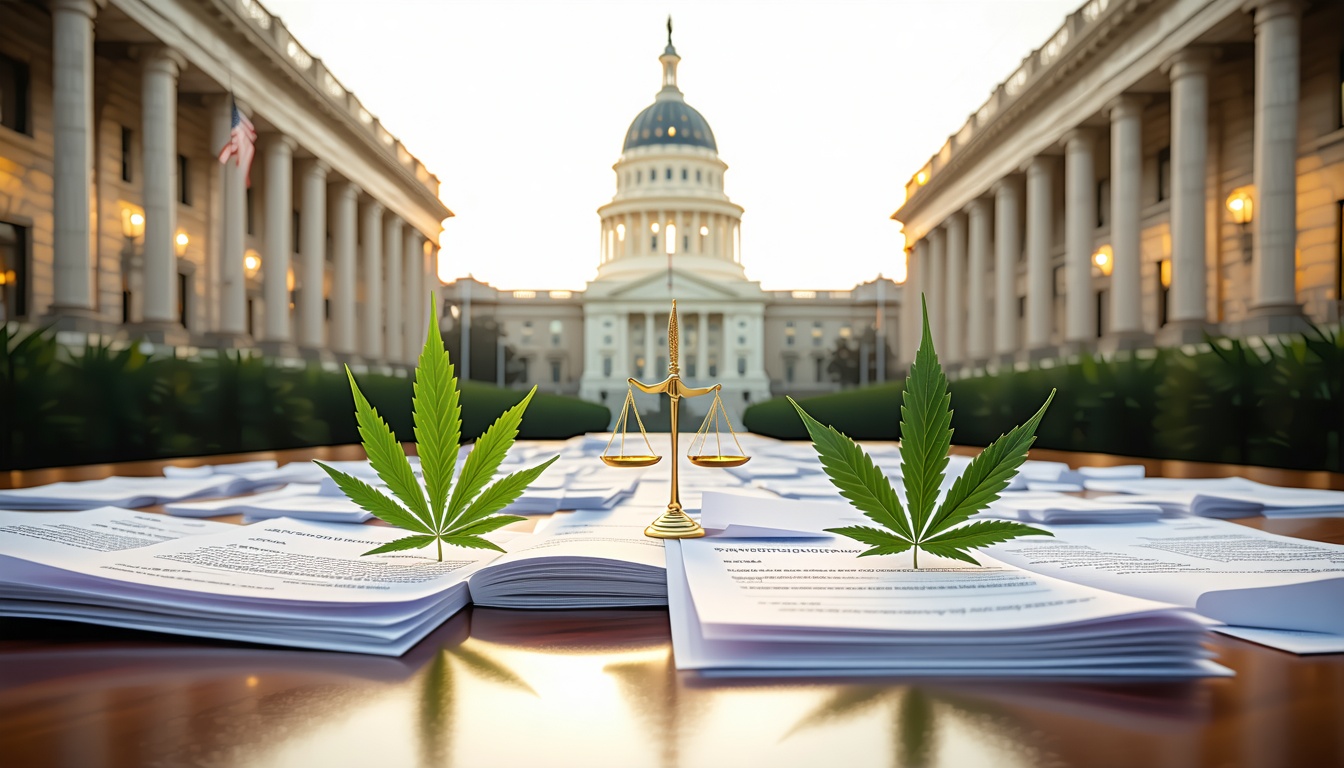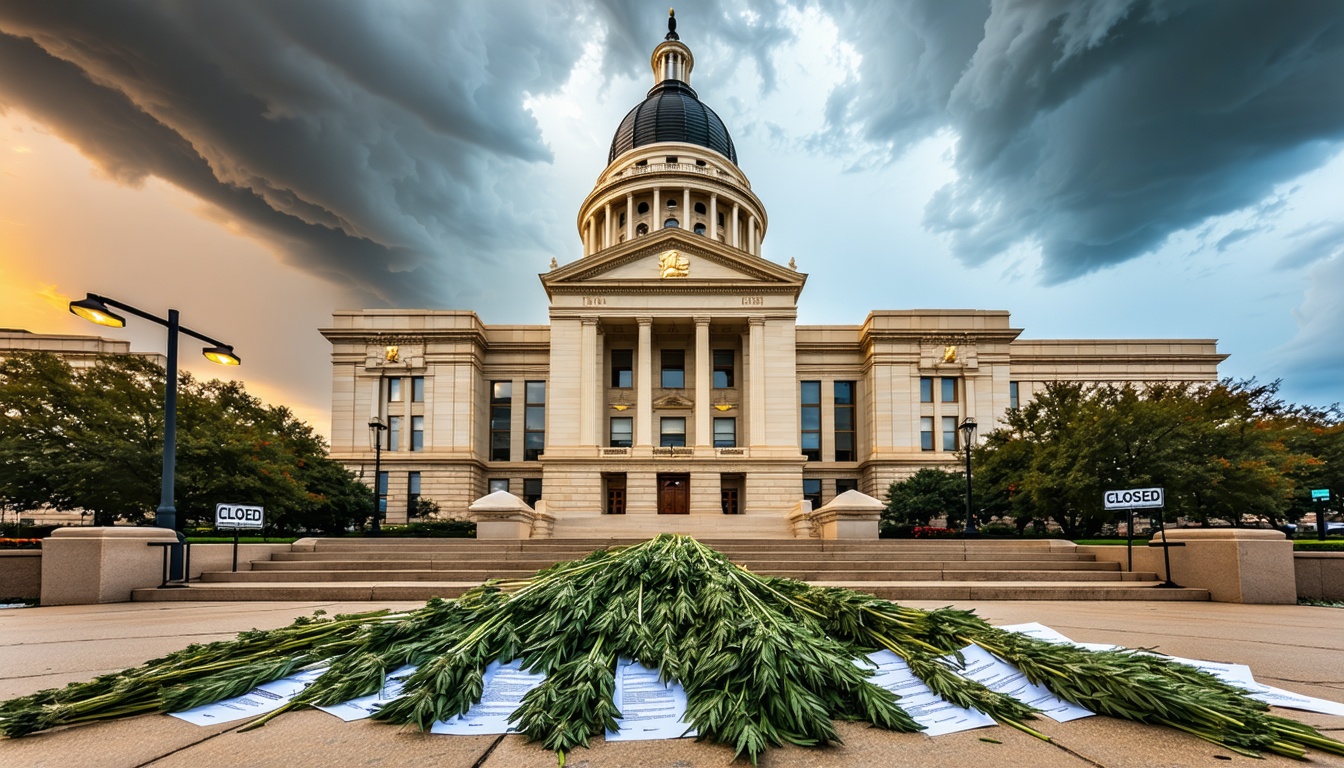Rastafarians in New York are calling for changes to the state’s cannabis legalization law to better accommodate their religious beliefs. For members of this religious group, marijuana is considered sacred and an integral part of their worship practices. As the state prepares to legalize recreational marijuana use, Rastafarians are urging lawmakers to include provisions that respect their religious freedoms.
For Rastafarians, marijuana is a symbol of spiritual connection and a way to connect with their deity. They believe that the drug allows them to access higher states of consciousness and to better understand the world around them. In their religious practices, marijuana is often used in rituals and ceremonies, and its use is deeply ingrained in their cultural and spiritual traditions.
However, under current laws, Rastafarians who use marijuana in their religious practices may face legal consequences. This is because the drug is still illegal under federal law, and even in states where it has been legalized, there may be restrictions on its use. Rastafarians argue that this is a violation of their religious freedoms and that they should be allowed to practice their faith without fear of persecution.
In response to these concerns, some lawmakers are calling for changes to the state’s cannabis legalization law to include accommodations for Rastafarians. These changes could include provisions that allow Rastafarians to use marijuana in their religious practices without fear of legal consequences, or that provide them with access to marijuana for religious purposes.
While some argue that the legalization of marijuana is a step in the right direction, others are concerned about the potential risks and consequences of its use. However, for Rastafarians, the issue is not just about the drug itself, but about their right to practice their faith without interference from the government.
As the debate over cannabis legalization continues, Rastafarians are urging lawmakers to take their religious beliefs into account. They believe that their right to practice their faith should be respected, and that they should be allowed to use marijuana in their religious practices without fear of persecution. As the state moves forward with its plans to legalize recreational marijuana use, it remains to be seen whether lawmakers will take Rastafarians’ concerns into account and make the necessary changes to the law.












